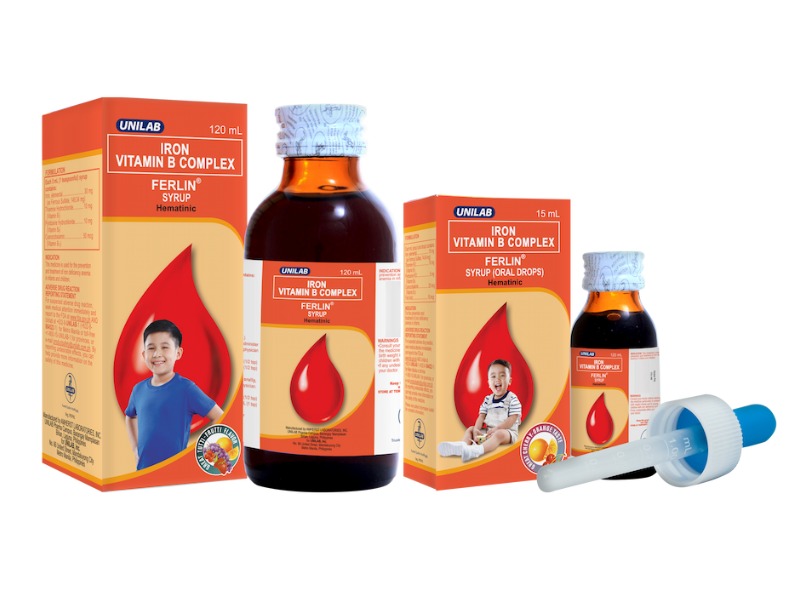As a parent, you always want what’s best for your child in terms of his health and overall well-being. The common problem with raising some children is that they can be picky eaters which makes them prone to getting sick because of undernutrition. Ensuring that your child gets all the essential vitamins from his/her plate may not be an easy task, but it is never too late to start. Read on to know more about what kind of vitamins your child needs.
Vitamin A
Vitamin A is an essential vitamin that is known to promote good eyesight and help boost the immune system. It also contains antioxidant properties which according to Mayo Clinic protects your child from the effects of free radicals. Research also suggests that vitamin A supplementation in children infected with measles can help lower the risk of death due to the disease. It can be found in most food sources like dairy products, fruits, and a variety of vegetables like collard greens and carrots.
Lysine
Lysine is an important amino acid which aids the body in proper growth. Humans by nature do not produce essential amino acids so it is sourced from one’s diet and prescribed supplements. Lysine also helps produce collagen which helps your child’s body in absorbing all the calcium that they need for healthy bones and teeth. Make sure your child gets enough amino acids from beans, fish, red meats, and dairy.
Vitamin C
Ascorbic acid or vitamin C promotes healthy gums, strong bones, and supports faster wound healing. Vitamin C can only be sourced from your child’s diet and prescribed nutritional supplements. Common food sources of vitamin C include citrus fruits, broccoli, red peppers, and tomatoes.
Vitamin D
Vitamin D aids the proper absorption of calcium to maintain healthy bones and teeth. Playing outdoors may encourage the production of vitamin D in your child since an active form of the vitamin (calciferol) is naturally produced during sun exposure. Fortified food like cereals, milk, and fatty fish like salmon and mackerel are common sources of vitamin D.
Iron
Iron is an essential mineral that your child needs to produce healthy red blood cells. Underweight children and infants who were born prematurely may be at risk of developing anemia if left untreated. Natural sources of iron include seafood, raisins, dark leafy vegetables, and red meat. If your child is diagnosed with iron deficiency anemia, he/she may be prescribed vitamins which contain a combination of iron and vitamin B Complex.
Taking multivitamins or any kind of food supplement should not serve as a substitute for any form of medication. Your child should still get the proper nutrition from his/her meals and take his/her prescribed medicine (if any).
General disclaimer: The medications listed above can be purchased without a prescription but you should always consult your child’s doctor before letting them take any form of medication, including vitamins. Stop taking any kind of medicine should an allergic/adverse reaction happen. Always update your healthcare professional on all the medications that your child is currently taking/taken in the past so he/she can properly prescribe the right kind of medicine for him/her.




